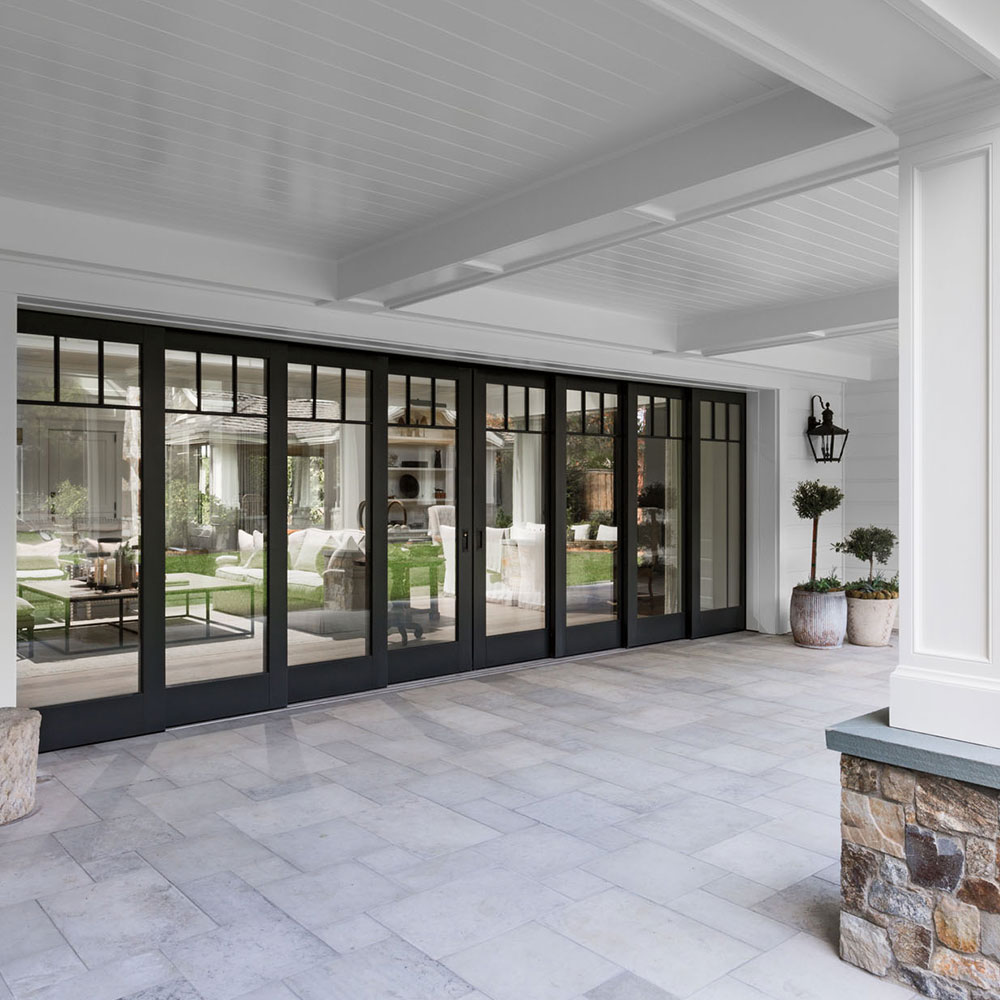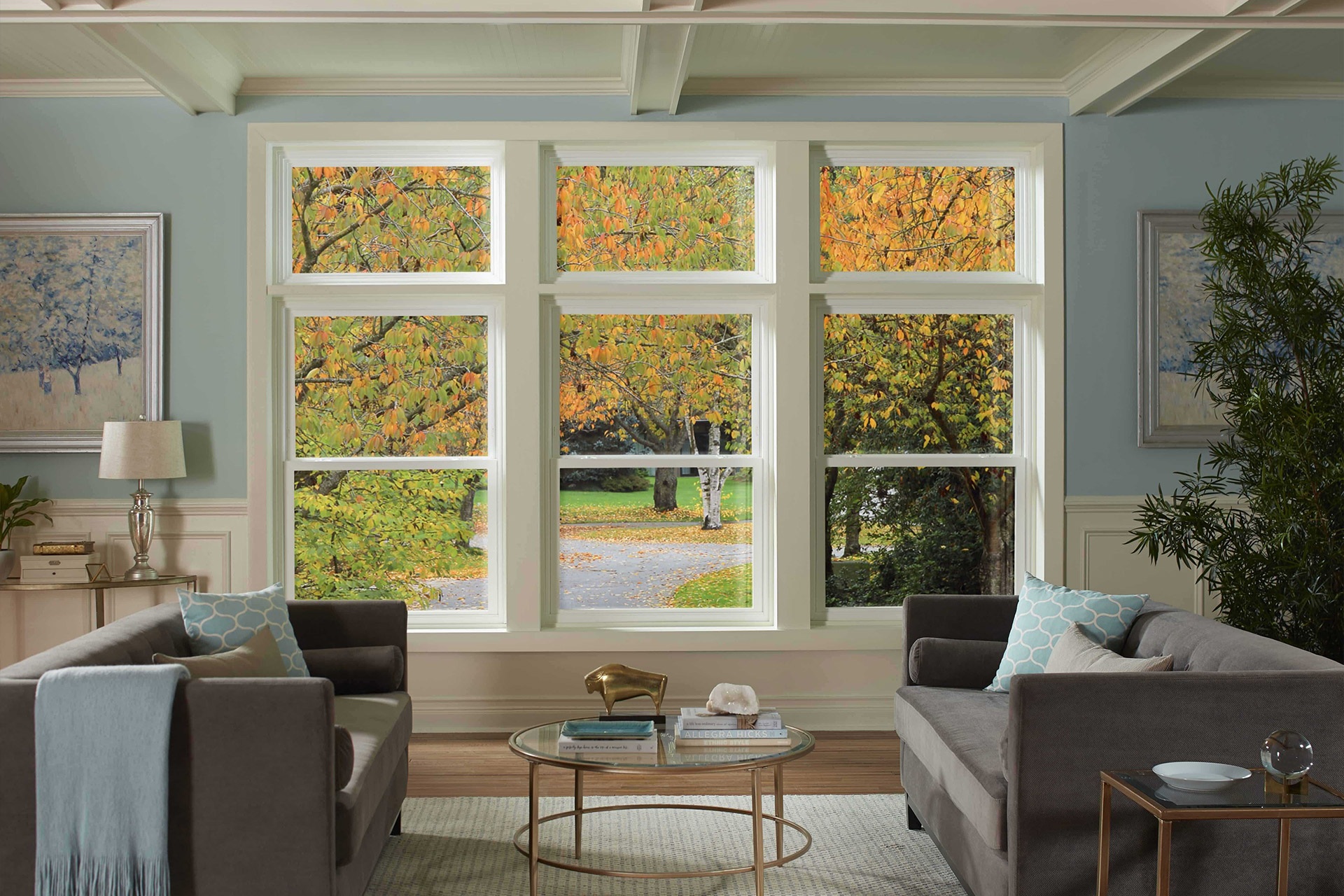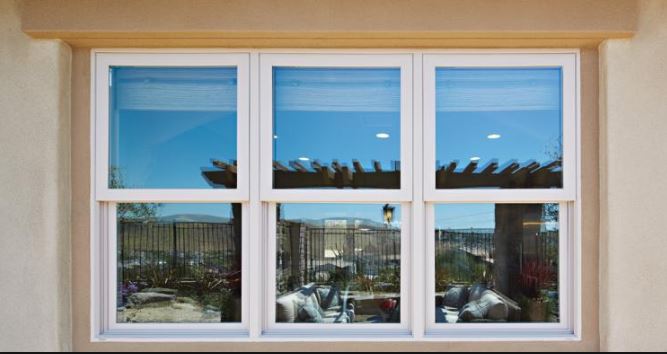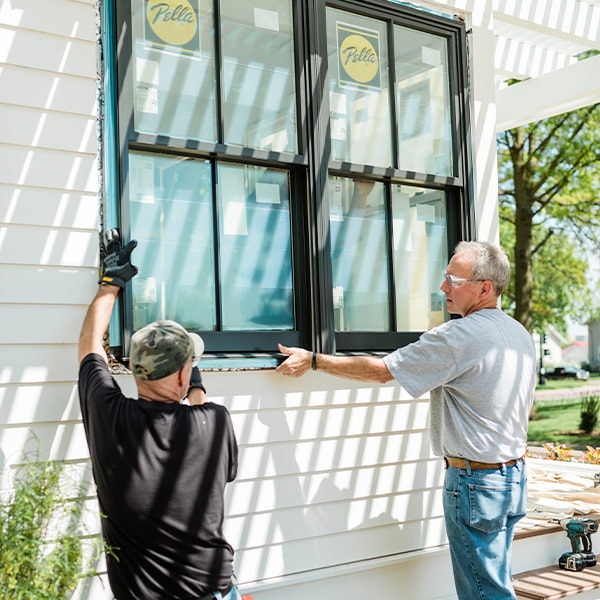Upgrade Your Home With Energy-Efficient Home Window Substitutes
In the world of home improvement, the choice to upgrade to energy-efficient window substitutes can substantially influence both the capability and appearances of a house. Beyond the surface degree of mere looks, energy-efficient windows offer a multitude of benefits that go beyond mere visual appeal.
Benefits of Energy-Efficient Windows

The installation of energy-efficient home windows provides substantial savings on utility expenses while enhancing environmental sustainability. In addition, energy-efficient home windows can assist control wetness degrees within the home, lowering the danger of mold and mildew growth.
Beyond the economic benefits, energy-efficient home windows contribute to environmental sustainability by reducing carbon emissions associated with energy manufacturing. In general, investing in energy-efficient windows not only improves the convenience and effectiveness of a home yet also lines up with ecologically aware methods.
Kinds Of Energy-Efficient Glass
Various advanced types of energy-efficient glass offer distinct homes that provide to various requirements and choices in improving the sustainability and performance of buildings. Triple-pane glass, consisting of three layers of glass with shielding gas in between them, offers boosted thermal insulation, making it highly energy-efficient. Furthermore, self-cleaning glass with a special finishing that damages down and loosens dirt when subjected to sunshine can minimize upkeep requirements and keep home windows looking clean.
Factors to Consider When Picking
When contemplating energy-efficient window replacements, it is critical to carefully examine specific variables that align with your sustainability goals and desired energy cost savings. One critical factor to take into consideration is the home window's energy performance rankings, such as the U-factor and Solar Warm Gain Coefficient (SHGC) The U-factor actions just how well the home window insulates, with lower numbers showing much better insulation, while the SHGC indicates the window's ability to block heat from sunshine. Furthermore, the window frame product plays a considerable function in energy efficiency. Products like fiberglass, plastic, or timber with thermal breaks are excellent options for reducing warmth transfer. An additional crucial factor to consider is the home window design and alignment worrying sunshine exposure. Selecting the right window style and strategically putting them can make the most of natural light while reducing warm gain or loss. Lastly, setup high quality is essential to guaranteeing the home windows perform as intended. Proper installation assists stop air leak, making sure ideal power efficiency. By thoroughly reviewing these aspects, you can pick energy-efficient windows that improve comfort, lower energy costs, and profit the atmosphere.
Setup and Maintenance Tips

Routine maintenance is vital to protecting the performance of your energy-efficient windows. Check the weather-stripping and seals for any splits or voids and replace them if needed to keep the home windows' energy efficiency. Woodlands window replacement.
On top of that, lubricate moving parts such as hinges and locks to make sure smooth operation. By following these installment and upkeep ideas, you can enhance the energy performance of your home and prolong the lifespan of your energy-efficient home windows.
Cost-Benefit Analysis of Updating

Energy-efficient home windows are developed to decrease heat transfer, lowering the demand for heating and cooling down systems to work overtime. This can cause substantial savings on energy expenses, especially in areas with severe temperature levels. Additionally, energy-efficient home windows the original source can enhance the overall worth of your home, making it a lot more eye-catching to possible buyers if you make a decision to market in the future.
When computing the cost-benefit evaluation, variable in the potential savings on power expenses, any available rewards or discounts, and the life expectancy of the home windows. While the preliminary price might be greater, the long-term savings and benefits of energy-efficient home windows make them a wise financial investment for house owners looking to improve their residential or commercial property's power effectiveness and value.

Verdict
To conclude, upgrading to energy-efficient home window replacements provides numerous benefits such as decreased energy consumption, enhanced comfort, and expense savings. By picking the ideal sort of energy-efficient glass and taking into consideration aspects like framework material and installment, property owners can optimize the performance of their windows. Regular upkeep and proper setup are important for long-lasting performance. On the whole, the cost-benefit evaluation of upgrading to energy-efficient windows shows that the initial financial investment can bring about considerable financial savings over time.
When contemplating energy-efficient home window replacements, it is crucial to very carefully assess specific factors that line up with your sustainability goals and wanted energy cost savings. The U-factor procedures how well the window protects, with reduced numbers indicating much better insulation, while the SHGC suggests the window's capacity to block warm from sunshine. By very carefully evaluating these aspects, you can pick energy-efficient windows that enhance comfort, minimize energy expenses, and benefit the look at this now setting.
While energy-efficient home windows might have a higher upfront cost compared to traditional windows, the long-term benefits usually surpass the preliminary investment.In verdict, upgrading to energy-efficient home window substitutes offers countless benefits such as reduced power consumption, raised comfort, and price savings.